In the world of comedy, where boundaries are often pushed and social norms are frequently challenged, Tony Hinchcliffe stands as a figure who has managed to both captivate and polarize audiences. Known for his unapologetic humor and edgy content, Hinchcliffe has carved out a niche for himself as a comedian and podcaster. His recent deal with Netflix, which includes three specials under his "Kill Tony" branding, marks a significant milestone in his career. However, it also reignites the ongoing debate about the limits of comedy and the platform's willingness to embrace controversial content.
Hinchcliffe's rise to prominence has been marked by both acclaim and criticism. His weekly live podcast, "Kill Tony," which streams on YouTube, has garnered a dedicated following thanks to its chaotic and improvised nature. Described by Hinchcliffe as "the most spontaneous and improvised show that is out there," it offers a raw and unfiltered look into the world of stand-up comedy. This authenticity has resonated with fans who appreciate the unpredictability and edginess of his performances. Netflix's decision to partner with Hinchcliffe is a testament to the platform's commitment to creative freedom and its willingness to provide a space for diverse voices, even those that push the envelope.
However, Hinchcliffe's comedy has not been without its fair share of controversy. In October, he found himself at the center of a storm after opening for then-presidential candidate Donald Trump at a rally in Madison Square Garden. During his set, Hinchcliffe made a series of disparaging remarks about Puerto Rico, comparing it to "a floating island of garbage in the middle of the ocean." These comments, while well-received by the rally attendees, sparked outrage from many who viewed them as racist and insensitive. The backlash was swift, with artists of Puerto Rican descent, including Bad Bunny and Luis Fonsi, speaking out against Hinchcliffe's remarks. Fonsi took to social media to express his disappointment, stating, "It's ok to have different views, and I respect those who think different than me... but going down this racist path ain't it."
The controversy surrounding Hinchcliffe's performance at the Trump rally raises important questions about the role of comedy in public discourse and the responsibilities that come with a comedian's platform. While comedy has long been a tool for social commentary and pushing boundaries, it is also essential to consider the impact of such remarks on marginalized communities. Hinchcliffe's comments about Puerto Rico were not just jokes; they were a reflection of broader issues related to race, colonialism, and the ongoing struggles faced by Puerto Rico in the aftermath of natural disasters and economic challenges. By making light of these issues, Hinchcliffe inadvertently perpetuated harmful stereotypes and downplayed the very real struggles of an entire population.
Netflix's decision to sign Hinchcliffe to a multi-special deal is indicative of the platform's history with controversial content. In 2021, Netflix faced significant backlash over Dave Chappelle's stand-up special, "The Closer," which included jokes about the transgender community. Despite criticism from LGBTQ+ advocates, artists, and even some Netflix employees, the platform's chief content officer, Ted Sarandos, reiterated his support for Chappelle, emphasizing the importance of creative freedom and the platform's commitment to diverse voices. This stance has been both praised for its willingness to challenge norms and criticized for potentially perpetuating harmful narratives.
Netflix's Chief Content Officer Bela Bajaria recently highlighted the platform's approach to talent acquisition, stating that Netflix aims to work with a broad range of creators. "Our job is to make sure we know the creators out there doing really cool, interesting things, and what makes sense for Netflix," she said. This philosophy underscores Netflix's strategy to remain at the forefront of content creation by embracing a wide array of voices and styles. However, it also raises questions about the platform's responsibility to balance creative freedom with social responsibility.
Hinchcliffe's upcoming specials on Netflix promise to be a continuation of his signature style—chaotic, edgy, and unapologetically raw. The first special, set to film at The Comedy Mothership in Austin, Texas, and premiere on April 7, will showcase the talents of Hinchcliffe and his crew of Austin comedians. In a press statement, Hinchcliffe expressed his excitement about the opportunity to share their unique brand of comedy with a global audience. "It's the most spontaneous and improvised show that is out there, and the creative freedom given to us by Netflix to keep the show in its pure form is a comedian's dream," he said. This enthusiasm is likely to be shared by his fans, who have come to expect the unexpected from his performances.
However, the deal also comes with its fair share of challenges. As Hinchcliffe steps into the global spotlight, he will undoubtedly face increased scrutiny and expectations. The controversy surrounding his remarks at the Trump rally serves as a reminder that with greater visibility comes greater responsibility. Comedians, like all public figures, must navigate the delicate balance between pushing boundaries and respecting the diverse experiences and sensitivities of their audiences.
Moreover, Hinchcliffe's Netflix deal also highlights the broader conversation about the role of comedy in society. In an era where social media amplifies voices and opinions, comedians are often held to a higher standard of accountability. While some argue that comedy should be free from censorship and that the role of a comedian is to challenge norms and provoke thought, others contend that there is a line that should not be crossed. The debate surrounding Hinchcliffe's content is a microcosm of this larger conversation, one that will continue to evolve as the boundaries of acceptable humor are constantly tested.
In conclusion, Tony Hinchcliffe's deal with Netflix marks a significant moment in his career and a bold move by the streaming giant. It is a testament to the platform's commitment to creative freedom and its willingness to embrace edgy content. However, it also serves as a reminder of the responsibilities that come with such a platform. As Hinchcliffe prepares to bring his unique brand of comedy to a global audience, he will need to navigate the complexities of balancing his signature style with the sensitivities of a diverse viewership. Netflix, on the other hand, will continue to walk the tightrope between supporting creative expression and ensuring that its content aligns with its values of inclusivity and respect.
The future of comedy on platforms like Netflix will undoubtedly be shaped by these ongoing debates and the choices made by both creators and content providers. As we move forward, it is essential to recognize that while comedy has the power to entertain and provoke thought, it also has the potential to heal or harm. In the case of Tony Hinchcliffe, his journey with Netflix will be watched closely, not just for its entertainment value, but for the broader implications it holds for the future of comedy in the digital age.
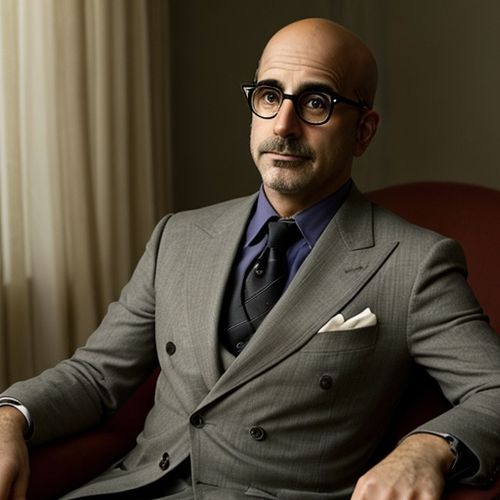
By Emily Johnson/Mar 19, 2025
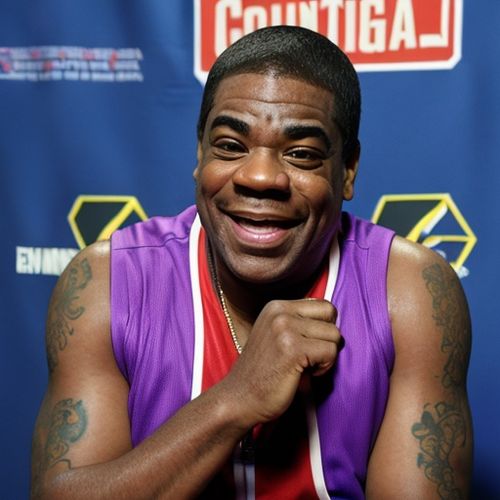
By Samuel Cooper/Mar 19, 2025
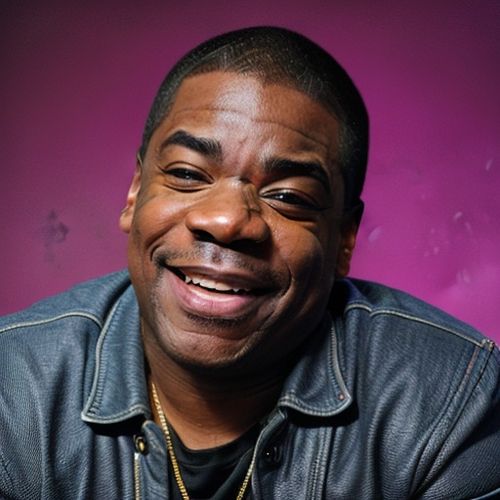
By Lily Simpson/Mar 19, 2025
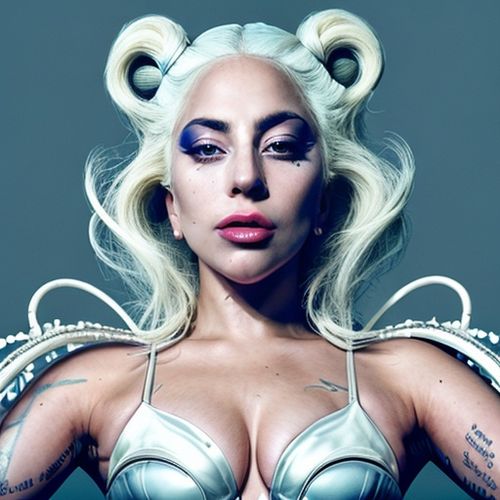
By Laura Wilson/Mar 19, 2025
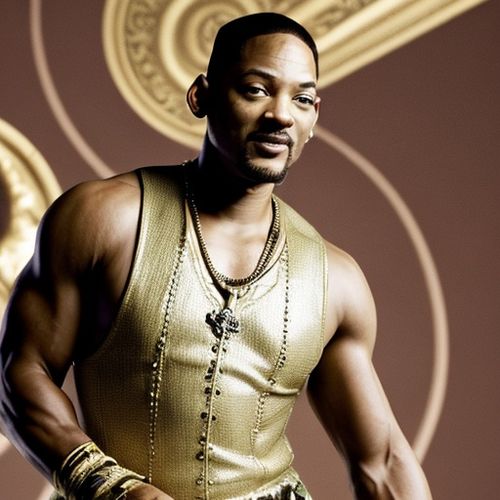
By John Smith/Mar 19, 2025
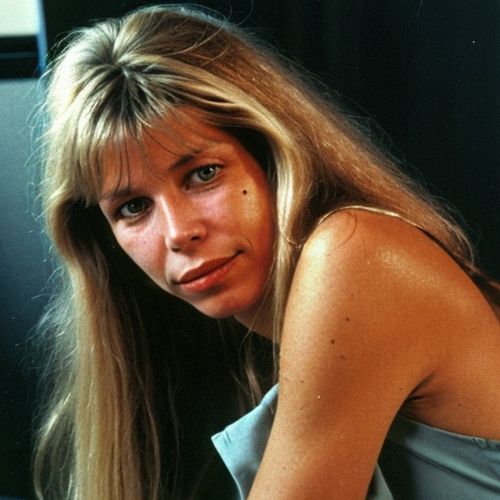
By James Moore/Mar 11, 2025
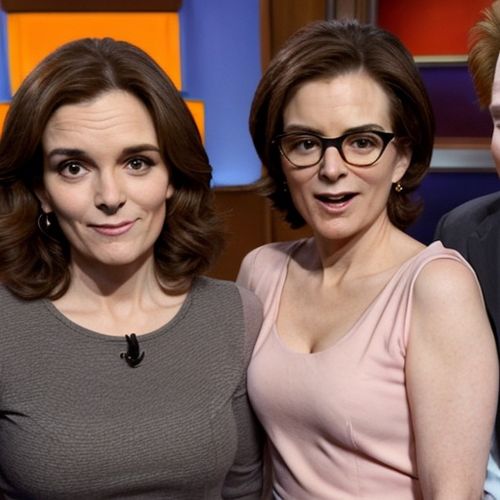
By Ryan Martin/Mar 11, 2025
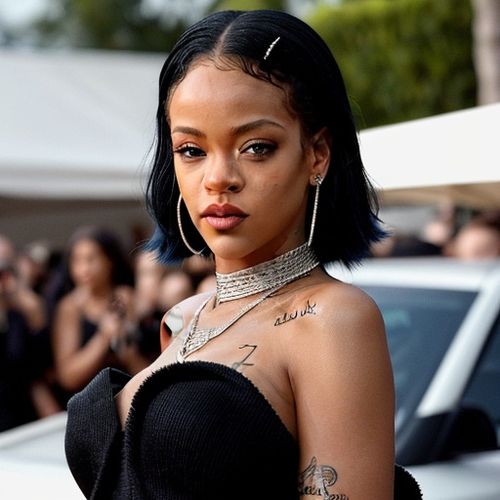
By Emma Thompson/Mar 11, 2025
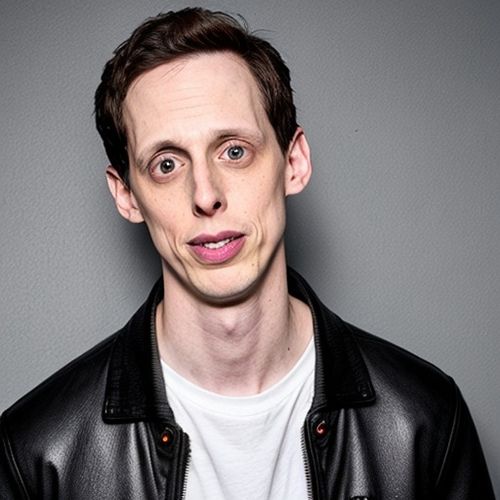
By Olivia Reed/Mar 11, 2025
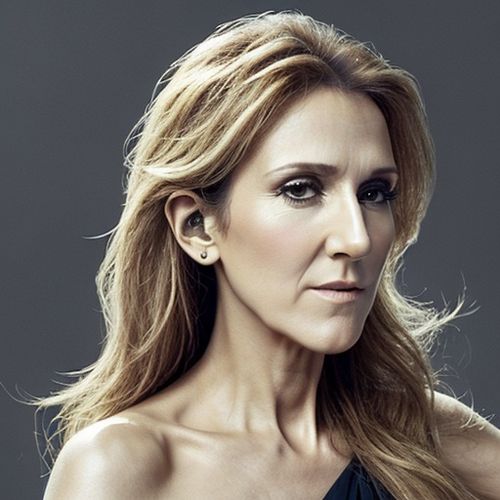
By Lily Simpson/Mar 11, 2025
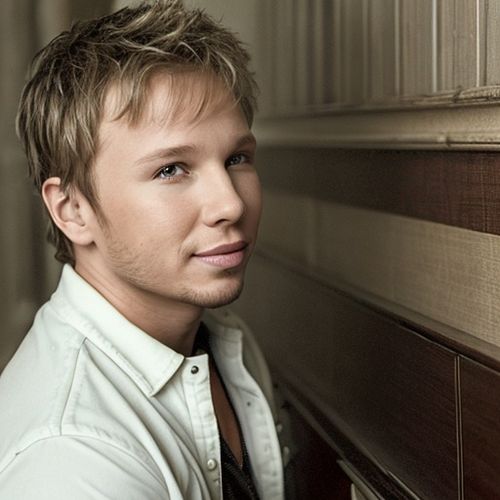
By Olivia Reed/Mar 11, 2025
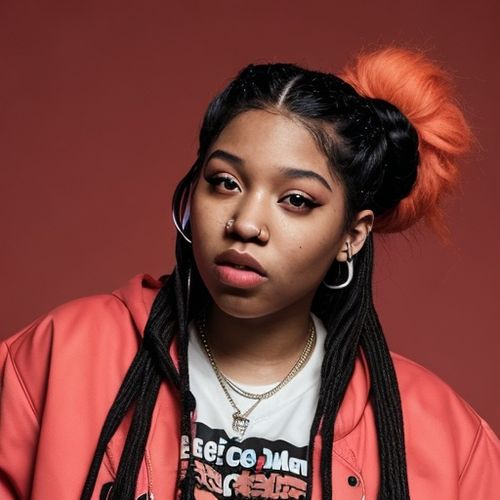
By Ryan Martin/Mar 11, 2025
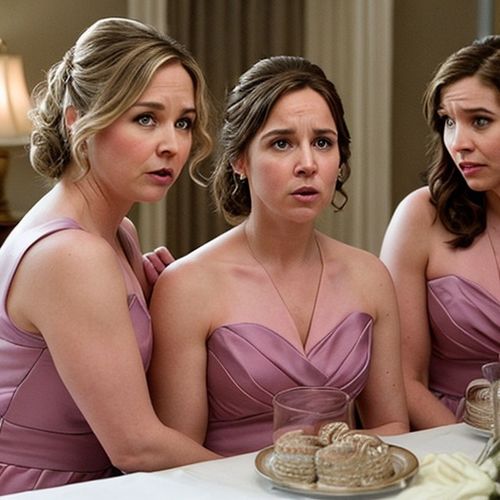
By Laura Wilson/Mar 11, 2025
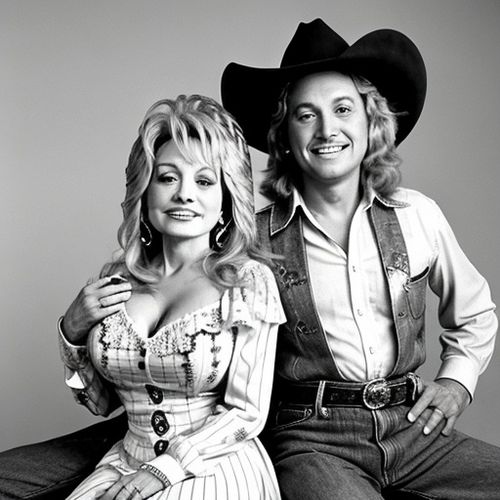
By Laura Wilson/Mar 11, 2025
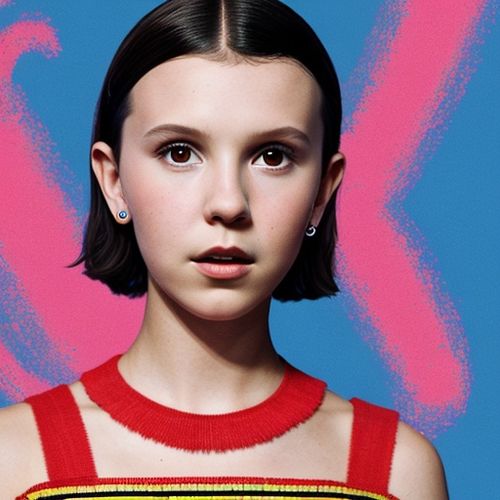
By Laura Wilson/Mar 11, 2025
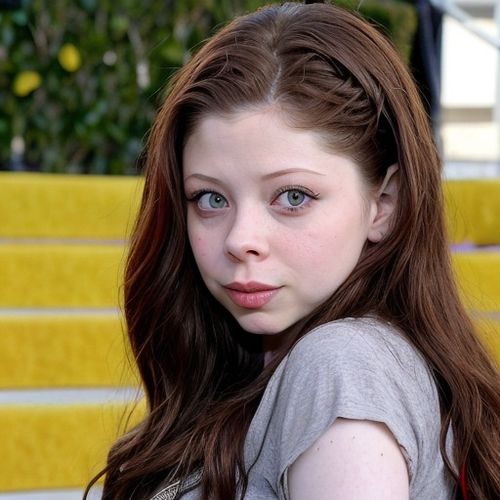
By George Bailey/Mar 4, 2025
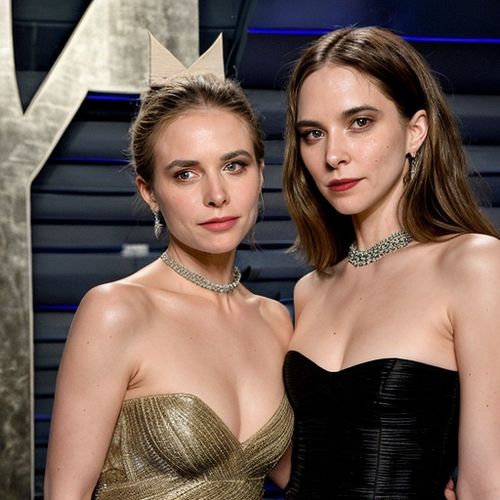
By Megan Clark/Mar 4, 2025
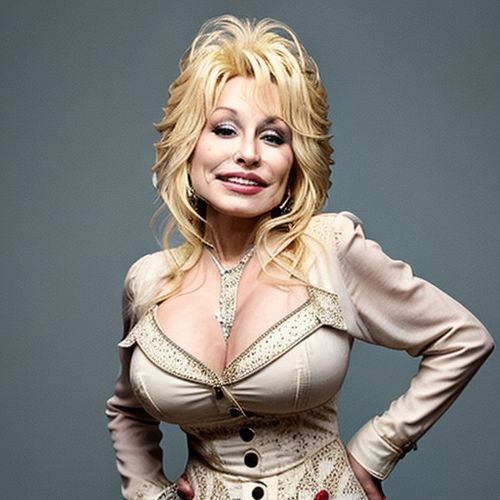
By Christopher Harris/Mar 4, 2025
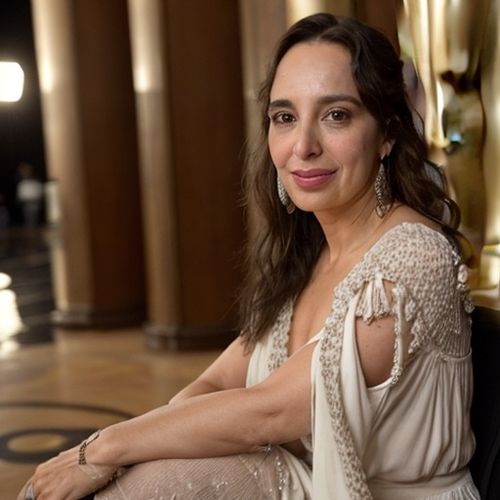
By Samuel Cooper/Mar 4, 2025
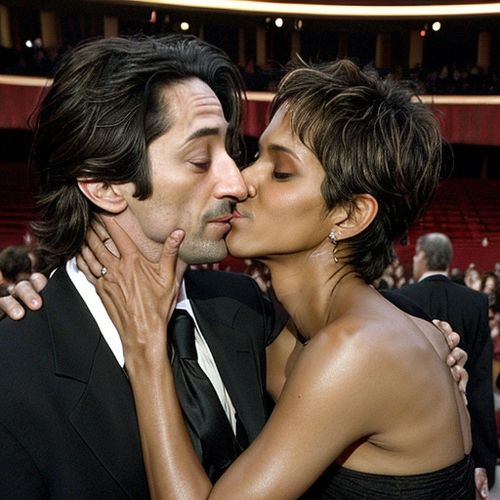
By Olivia Reed/Mar 4, 2025